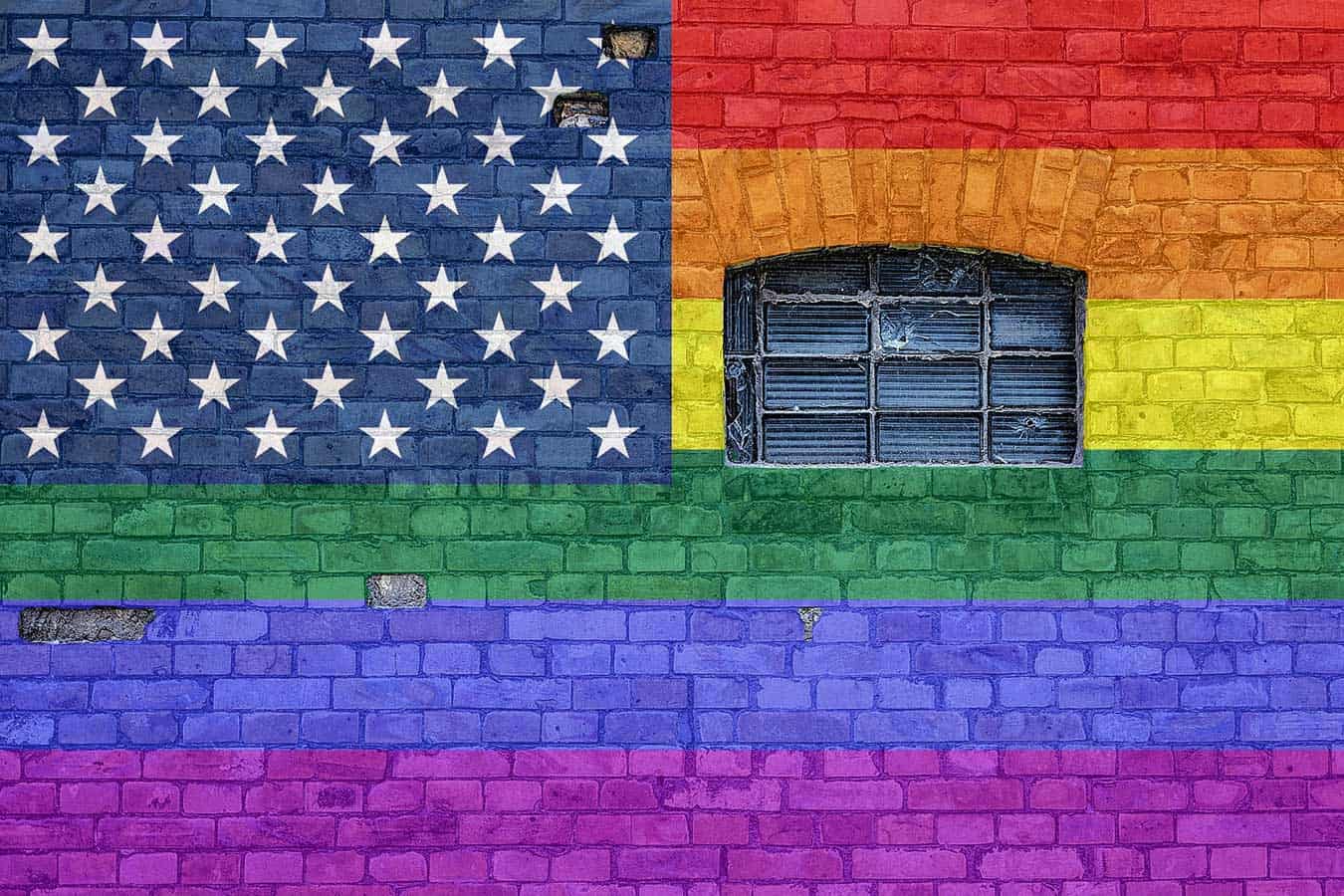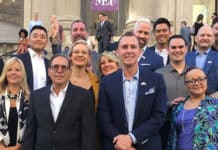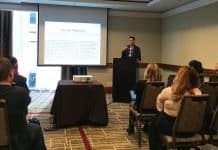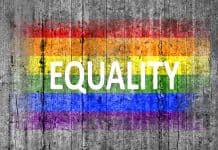 LGBT attendees face unique safety concerns when traveling for meetings and events.
LGBT attendees face unique safety concerns when traveling for meetings and events.
The global LGBT travel market may be worth around $211 billion, but more than 70 countries, including popular meetings destinations, still criminalize homosexuality. Attendees who travel to some of the 120 countries where it isn’t illegal, may still face harassment, threats or violence. Not surprisingly, LGBT attendees list safety as the No. 1 concern relating to meetings and conventions abroad.
Research the Situation
If you’re planning an LGBT-specific event, research what the situation will be for LGBT people in the destinations you’re considering. Create a list of the destination’s unique cultural or political views on the subject, as well as any laws that may require a bit more discretion from attendees. Non-LGBT events will still likely have LGBT attendees so at the very least encourage them to assess the situation, know the etiquette and laws to ensure their safety.
Seek Out LGBT-Friendly Hotels & Resorts
A growing number of hotels, restaurants and resorts are tapping into the LGBT market by creating microsites geared specifically toward LGBT people. Marriott, Hilton and Preferred Hotels are such brands and IGLTA and TAG accredit accommodations that have inclusive non-discriminatory policies and staff trained on LGBT issues.
While in Rome…
PDA may be the norm for some attendees, especially those who are married or live openly in LGBT cities or neighborhoods in the US. This isn’t the case everywhere; in some cities outside of the US public displays of affection among LGBT people is unlawful, can be an invitation for harassment or even create a dangerous or violent situation. It may feel like an injustice and attendees, especially those traveling with a spouse or partner, may want to take a stand, but doing so could be more troublesome in some areas of the world. Make attendees aware of such norms and laws prior to traveling to avoid heated situations.
Download the GeoSure App
There are always going to be attendees who are ready to hit the town once the meeting or event ends. This app provides safety info for hundreds of destinations all over the world—from the country level down to the neighborhood. The State Department, UN and other credible bodies “score” destinations on criteria such as LGBT safety, physical harm, theft, medical issues, women’s safety, etc., and it also incorporates first-person reviews.
Hookups Happen, But…
It’s not unheard of for attendees of all ages and lifestyles to connect with other attendees or locals during downtime for dating and/or sexual encounters while on the road. In some countries, however, authorities monitor LGBT dating sites in order to entrap people. Encourage attendees to get as much verifiable info as they can about anyone they are planning to meet and to tell someone where they are going, even if it’s the hotel concierge. It’s also good to know where the safest LGBT hangouts are for attendees who may be looking for after-hours entertainment.
Know Your Rights & Where to Find Help
Toys, birth control, transgender prosthetics or binders, etc., may be no biggie here in the US, but moving through security in other countries, these things can be considered evidence of a sex worker. Attendees need to know what they can and can’t bring in advance. Those traveling with domestic partners or spouses will want to bring proof of their relationship status in case one of them requires medical attention or gets into trouble with the authorities.
[Tips have been edited and expounded upon from an article originally published on Newsweek.com]










